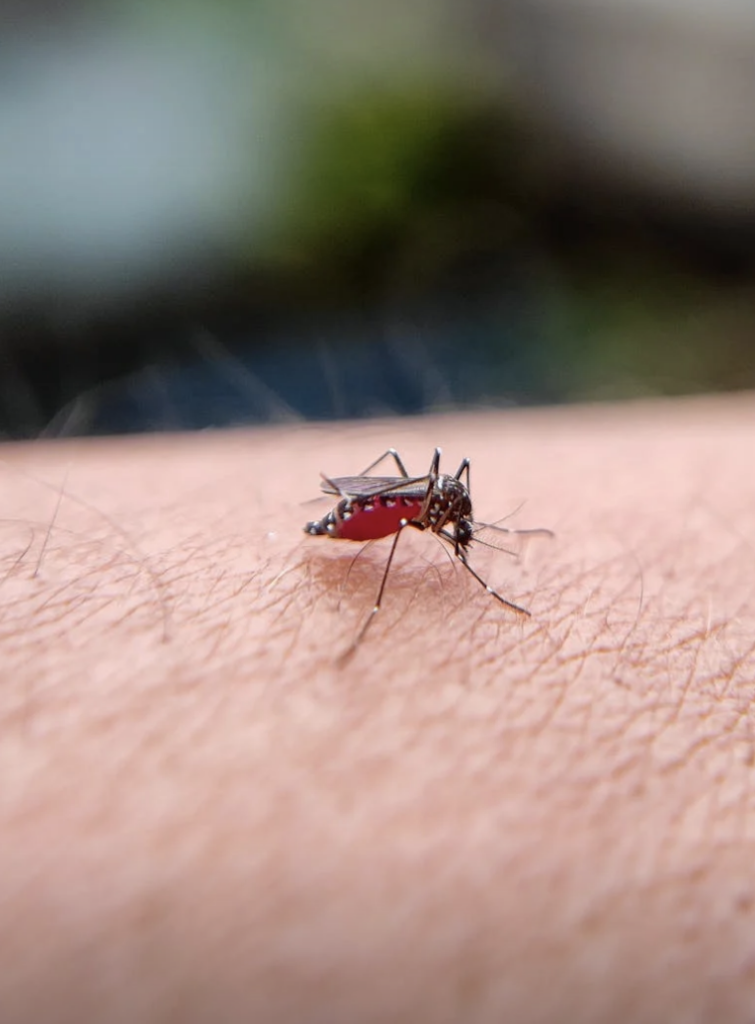Mosquito bites are a common part of childhood, especially during warmer months. While usually harmless, these itchy welts can cause discomfort, infections from scratching, and even allergic reactions in some kids. Knowing the right way to treat mosquito bites in children is key to preventing complications and easing your child’s discomfort quickly and safely.
🦟 Why Mosquito Bites Happen

Mosquitoes bite to feed on blood and leave behind saliva that causes the body to react with redness, swelling, and itching. Children tend to have more sensitive skin and stronger reactions.
🧼 First Aid: What to Do Immediately After a Mosquito Bite

- Wash the area with soap and water to reduce infection risk.
- Apply a cold compress or ice pack (wrapped in a cloth) for 10–15 minutes to reduce swelling.
- Pat the skin dry and avoid scratching to prevent infection or scarring.
💡 Tip: Distraction can help! Give younger children something to hold or do while treating the bite.
🌿 Natural Remedies to Soothe Itching
If the bite is bothering your child, try these gentle, child-safe remedies:
✔ Aloe vera gel: Cools and calms the skin naturally
✔ Oatmeal paste: Anti-inflammatory and soothing
✔ Baking soda and water paste: Reduces itch and irritation
✔ Calendula cream: A gentle herbal remedy for irritated skin
✔ Chamomile tea bags (chilled): Press on bite for natural relief
🚫 Avoid: Strong essential oils or harsh chemical anti-itch creams unless approved by a pediatrician.
💊 When to Use Over-the-Counter Options
For more intense itching, pediatricians may recommend:
- Hydrocortisone cream (0.5–1%) for localized swelling and redness
- Children’s antihistamines (like cetirizine or loratadine) for allergic responses
Always check the label for age-appropriate dosing and consult your doctor if unsure.
⚠️ When to Call a Doctor
Seek medical help if your child has:
- Excessive swelling or redness that spreads
- Signs of infection (warmth, pus, fever)
- Multiple bites clustered around the eyes or lips
- Symptoms of an allergic reaction: difficulty breathing, hives, or facial swelling
🛡️ How to Prevent Future Bites
- Use child-safe insect repellents with DEET or picaridin (check age guidelines)
- Dress your child in light-colored long sleeves and pants in mosquito-prone areas
- Avoid outdoor play at dawn and dusk, when mosquitoes are most active
- Use mosquito nets or fans indoors and while sleeping
💡 Tip: Eliminate standing water around your home to reduce mosquito breeding.
Mosquito bites are a common part of growing up—but with the right care, you can soothe your child’s symptoms quickly and reduce the chance of complications. Whether you choose natural remedies or over-the-counter options, always keep your child’s age and skin sensitivity in mind. Prevention is just as important as treatment, so make sure you’re protecting your child during mosquito season.
Cabbage Showdown: Is Raw or Cooked Healthier for Your Gut, Weight, and Wellness?
